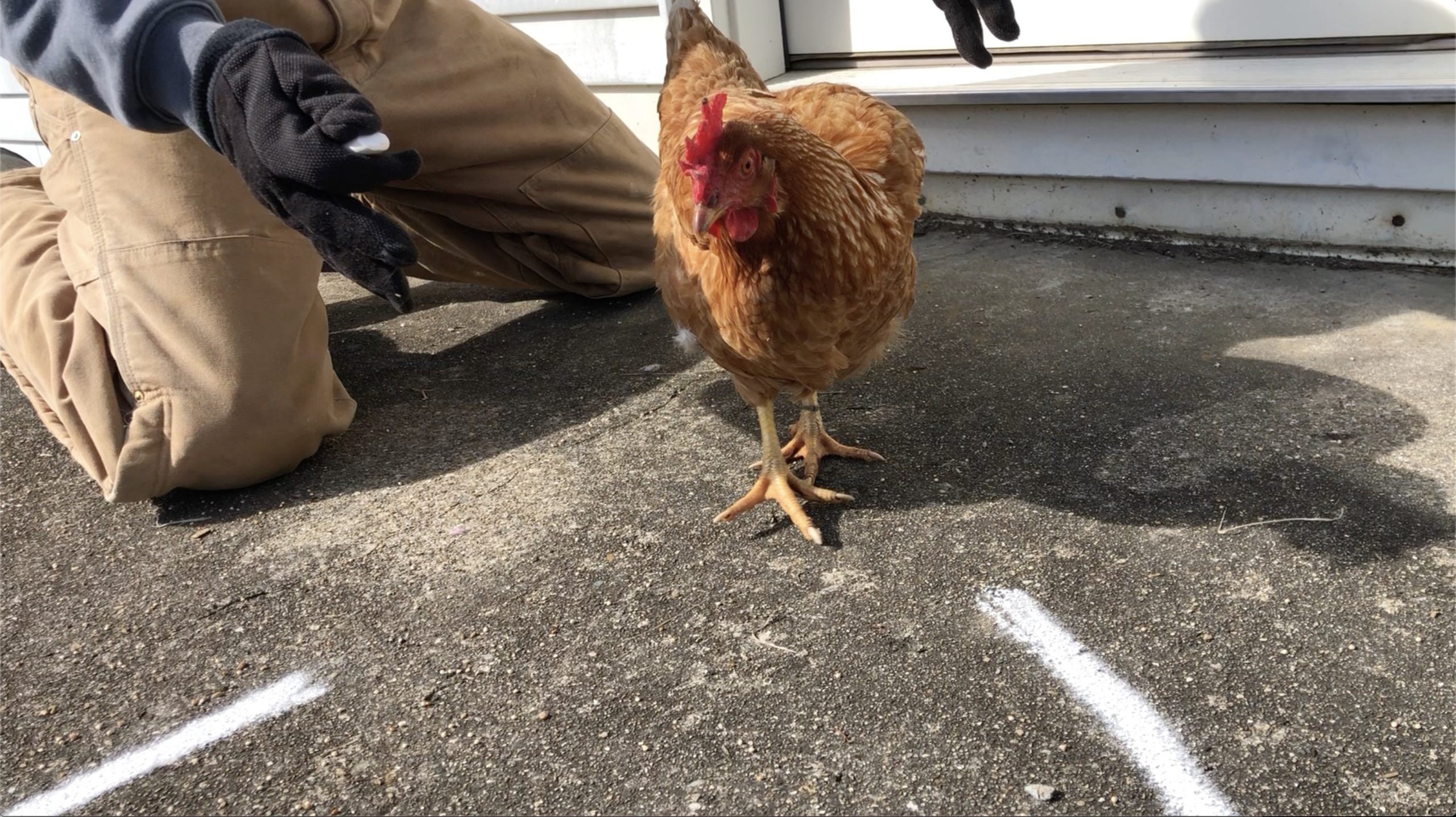
This handsome Chicago Press Review edition intersperses Greenberg’s essay with his unpublished photos and Herzog’s original screenplay, which occupies roughly 75 pages of the 200-page book, and they share authorship.

Published as a production diary under the eponymous title Heart of Glass at the time of the film’s 1976 release, Greenberg’s text has now been revised with the benefit of hindsight, if not an overflowing character bible to crib from: His protagonist easily dovetails with our image of a director who is routinely shot at during interviews and pulls Joaquin Phoenix to safety from his overturned vehicle, and whose most commercially successful film is about Timothy Treadwell, a would-be filmmaker who befriends wild Alaskan bears at his own peril. Not to mention Heart of Glass, the subject of a new memoir by screenwriter-photographer-documentarian Alan Greenberg cryptically titled Every Night the Trees Disappear: Werner Herzog and the Making of Heart of Glass - although the animal in question, clutched by the village idiot in a crowded pub - may be more duck than chicken. They also make memorable cameos in Stroszek (a dancing chicken in an arcade novelty bears witness to the final carnage) and especially Even Dwarfs Started Small, where they peck out one another’s eyes, parade about with trophy mice in their beaks and use the cover of social chaos to cannibalize their fallen comrades. Herzog does in fact hypnotize chickens - in Signs of Life, his first feature (soldiers in an isolated garrison descend into madness) and The Enigma of Kaspar Hauser (aka Every Man for Himself and God Against All: an insular visionary, raised in isolation, is assimilated into a small town before being mysteriously murdered). All three are most memorably on display in the Les Blank documentary Burden of Dreams, about the torturous making of Fitzcarraldo (and rendered in brilliant self-parody in Zack Penn’s mock documentary Incident at Loch Ness), but they’re always present - whether in the bug-eyed tyranny of Klaus Kinski, or in the long line of everyman eccentrics and dreamers the director uses to hold a mirror up to nature - taking comfort in the reflection of himself he finds there. This brief monologue from a video directed by Siri Bunford (who has done at least one KFC commercial) encapsulates much of what we associate with Werner Herzog: His instinctive distrust of nature (including human nature) as a cruel and brutal aggressor the enigmatic quality of his private obsessions and the dogmatic certitude with which he expresses them, often bordering on the comical.

By the way, it’s very easy to hypnotize a chicken they are very prone to hypnosis, and in one or two films I have actually shown that.” You have to do yourself a favor when you’re out in the countryside and you see a chicken: Try to look a chicken in the eye with great intensity, and the intensity of stupidity that is looking back at you is just amazing. "The enormity of their flat brain, the enormity of their stupidity, is just overwhelming.

This article originally appeared on the L.A.


 0 kommentar(er)
0 kommentar(er)
